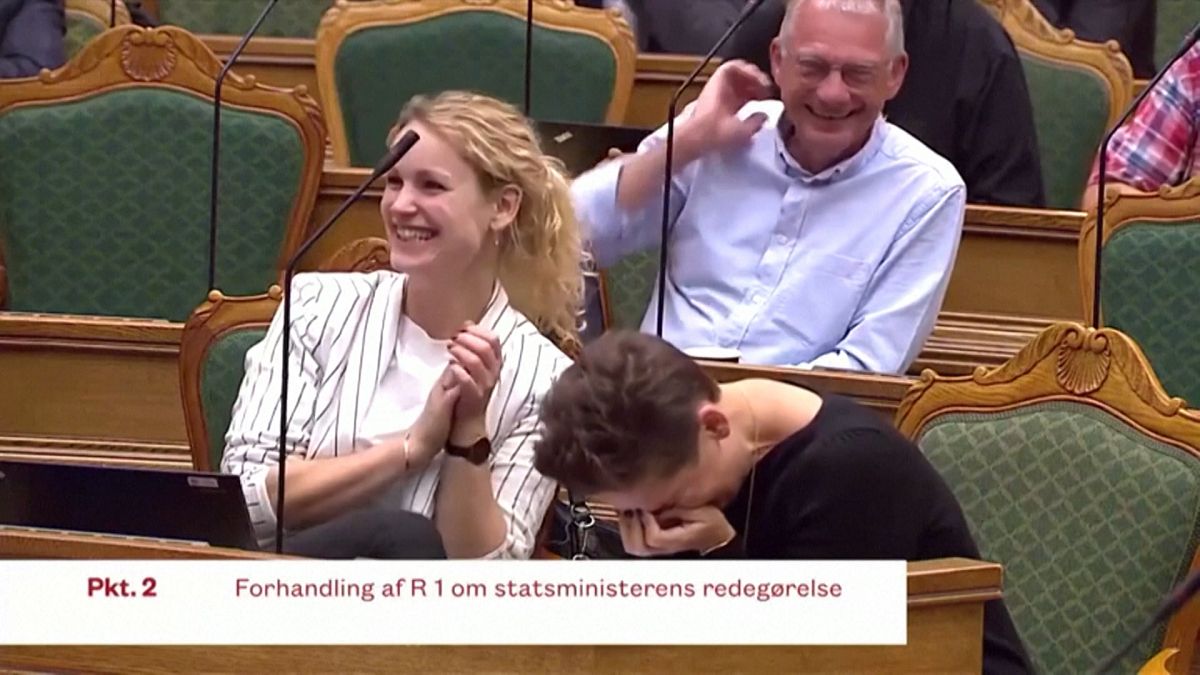
- Select a language for the TTS:
- UK English Female
- UK English Male
- US English Female
- US English Male
- Australian Female
- Australian Male
- Language selected: (auto detect) - EN
Play all audios:
WINTER FUEL PAYMENTS WERE INTRODUCED IN 1997 WITH THE AIM OF HELPING PEOPLE OF PENSION AGE TO COVER THEIR HEATING COSTS IN WINTER, WITH HOUSEHOLDS RECEIVING UP TO £300 PER YEAR. 06:01, 22
May 2025Updated 06:01, 22 May 2025 Personal finance experts have laid bare how the £300 Winter Fuel Allowance eligibility could change after a Labour Party government u-turn. Winter Fuel
Payments were introduced in 1997 with the aim of helping people of pension age to cover their heating costs in winter, with households receiving up to £300 per year. In winter 2023/24, 10.8
million pensioners in England and Wales received the Winter Fuel Payment. By limiting Winter Fuel Payments to people who are receiving Pension Credit and certain other benefits – including
Income Support and Universal Credit – the government expects to save around £1.3 billion in 2024/25 and £1.5 billion in subsequent years. The Department for Work and Pensions ( DWP )
estimated that 1.5 million people will receive a Winter Fuel Payment under the new means-tested scheme. READ MORE UK TOURISTS IN SPAIN WARNED TO STOP BOOKING 'SEVEN, 10 OR 14 DAY
STAYS' After Sir Keir Starmer's reversal, Colin Low, managing director at Kingsfleet said: "If the government wishes to extend the number of individuals to whom WFA would be
available, then the only thing they can do is to introduce some form of means-testing. Article continues below "Realistically, if any government was to address the simplicity but
obvious unfairness of WFA, then means-testing was the only way it could be achieved. The mystery is why this wasn't considered in the summer of 2024." Rob Peters, principal at
Simple Fast Mortgage added: "This U-turn suggests the government has acknowledged the political and practical fallout of cutting winter fuel payments for those most in need. "If
payments are reinstated, it’s likely to be a targeted reversal—perhaps for lower- to middle-income pensioners, potentially through a means-tested mechanism. Article continues below
"While broad reinstatement would be popular, the Treasury will likely aim to protect the most vulnerable without a blanket policy that benefits those who may not need the support.
"The key challenge will be delivering any revised payments without delays or administrative chaos."






